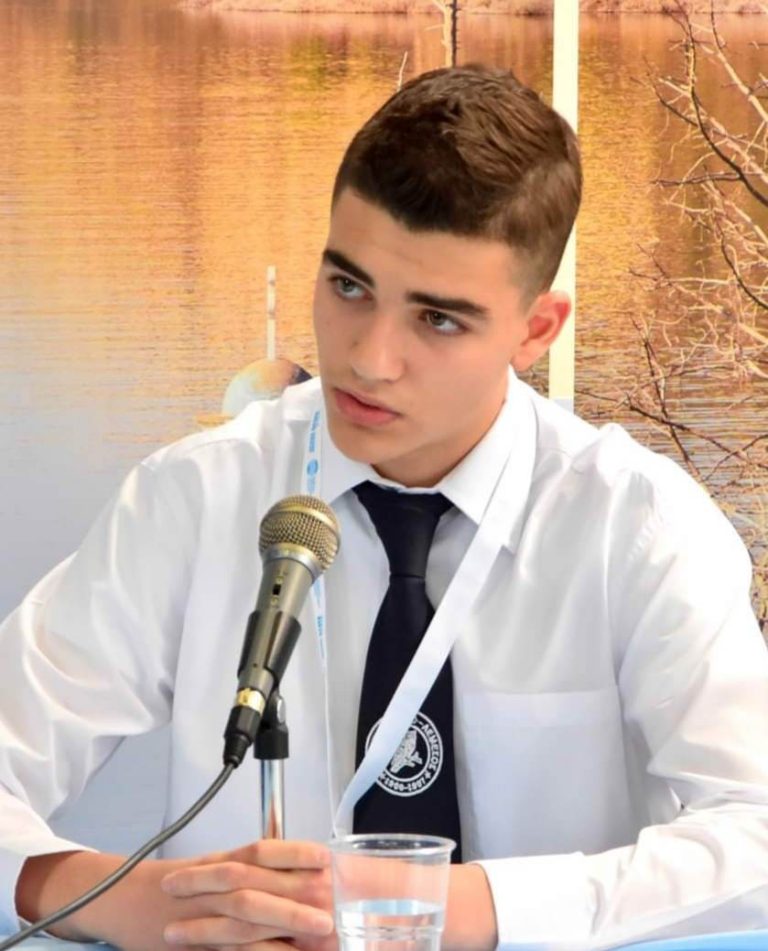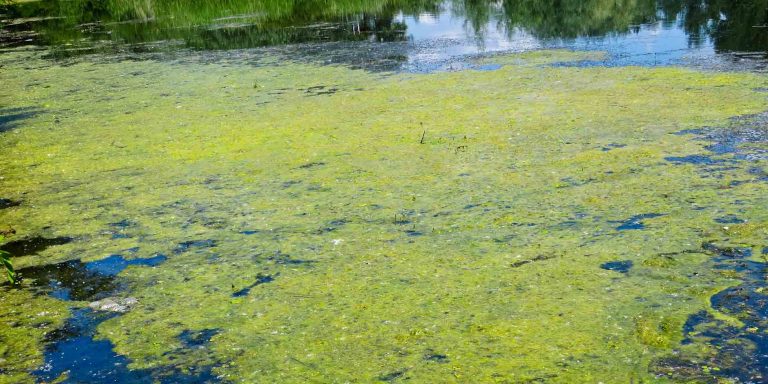heading

My name is Themis Themistocleous and I am 15 years old. I go to the 1st grade of Lanitio Lyceum in Limassol Cyrpus. I am a hard working student ready to become a new succesful scientist. I am a highly motivated and enthousiastic person always willing to learn new things and work with others as well as on my own. My favourite subjects are Physics and Maths. Appart from school I also have a strong passion for the game of basketball as well as Taekwondo. I play for a team in Limassol and I have 2 Dans in Taekwondo.
Tell us what the water concern in your country is!In Cyprus there is a problem with the dams called eutrophication. A phenomenon where algae is gathered on the surface of the dam which consists of high phosphorus content, killing the aquatic life but also disrupting the natural food chain. Another problem that the beaches of Cyprus have is that on the cost line tones of seaweed are gathered and tourist don't like it.
This is what I think is one of the solutions for a sustainable future:We came up with the solution that fixed both of these problems. We can pick up the seaweed from the beaches and process them to make a filter which can adsorb the phosphorus from the dams and use the seagrass with the phosphorus as a potential fertilizer. This way we clean the beaches from the seaweed but also clean the dams from the high phosphorus content as well as acquiring a fertilizer ready for use.

Natural seagrass residues transformed into a phosphorus absorbing ally by becoming a fertiliser
This project aims to investigate the potential use of thermally treated seagrass P. Oceanica to recover phosphate from wastewater and the production of a fertilizer substitute. Posidonia Oceanica residues were thermally treated at 550o C for 15 minutes and were tested as an adsorbent of phosphate for water collected from Finikaria dam. Results shows that thermally treated seagrass could be applied as adsorbents for Phosphate from synthetic and waster from dam (high in phosphorous), with 98% and 97% adsorption efficiency, respectively. Finally, by using thermally treated P. Oceanica, which was exposed to phosphate, as a potential fertilizer to lens it seems to positively affect their growth.
